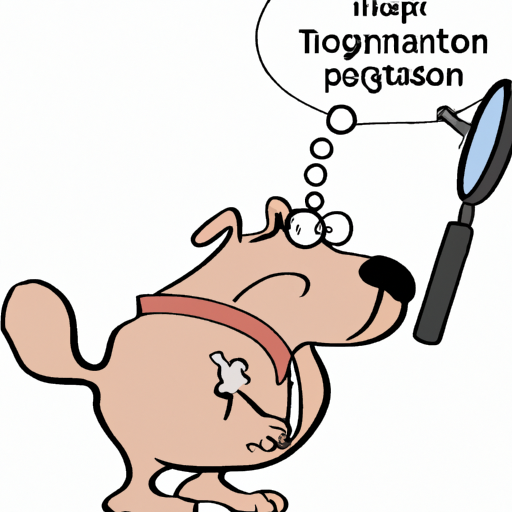Understanding Fatty Tumors
Fatty tumors, or lipomas, are common in dogs, especially as they age. The tumors are usually benign (not cancerous) and often don’t pose a significant health risk. However, it’s crucial for you, as a caregiver, to understand what causes these tumors and how to manage them.
Causes of Fatty Tumors
The exact cause of fatty tumors in dogs remains unknown. However, several factors have been linked to their development:
- Age: Older dogs are more likely to develop lipomas.
- Breed: Certain breeds, like Labradors, are predisposed to fatty tumors.
- Weight: Overweight and obese dogs are more susceptible.
- Gender: Female dogs seem to be more prone to developing lipomas.
While these factors do not guarantee that your dog will develop a fatty tumor, they do increase the likelihood.
Diagnosing Fatty Tumors
Diagnosis starts with a physical examination, where the vet will feel the mass under your dog’s skin. If a lipoma is suspected, a fine needle aspiration may be performed. This involves inserting a needle into the tumor to extract cells for analysis.
| Procedure | Description |
|---|---|
| Physical Examination | The vet will feel the mass under your dog’s skin. |
| Fine Needle Aspiration | A needle is inserted into the tumor to extract cells for analysis. |
Treating Fatty Tumors
In many cases, lipomas may not require treatment if they aren’t causing discomfort or affecting your dog’s mobility. When treatment is necessary, options may include:
- Surgery: This is the most common treatment for lipomas. It involves removing the entire tumor.
- Liposuction: This procedure can be used to reduce the size of the tumor.
Preventing Fatty Tumors
While you can’t completely prevent fatty tumors, maintaining your dog’s optimal weight and providing regular exercise can help reduce the risk.
- Feed your dog a balanced diet.
- Regular exercise is crucial.
- Regular check-ups with your vet can help detect any abnormalities early.
FAQ
Q: Are fatty tumors in dogs dangerous?
A: Most fatty tumors are benign and not dangerous. However, a veterinary evaluation is recommended to rule out malignancy.
Q: Can diet affect fatty tumors in dogs?
A: While there’s no direct link, a balanced diet can help maintain optimal weight, reducing the risk of fatty tumors.
Q: Should all fatty tumors be removed?
A: Not all fatty tumors need to be removed. Your vet will advise you based on the tumor’s size, location, and your dog’s health.
Q: Can fatty tumors in dogs reappear after removal?
A: Yes, there’s a possibility that a fatty tumor may reappear after removal, especially if the entire tumor wasn’t successfully removed during surgery.



